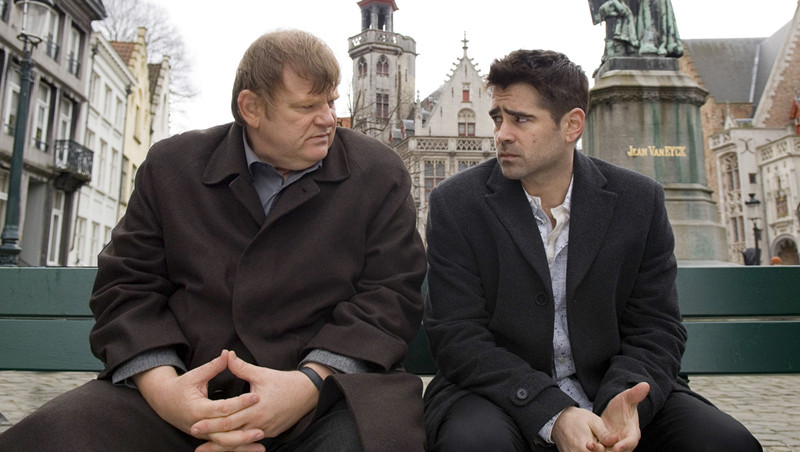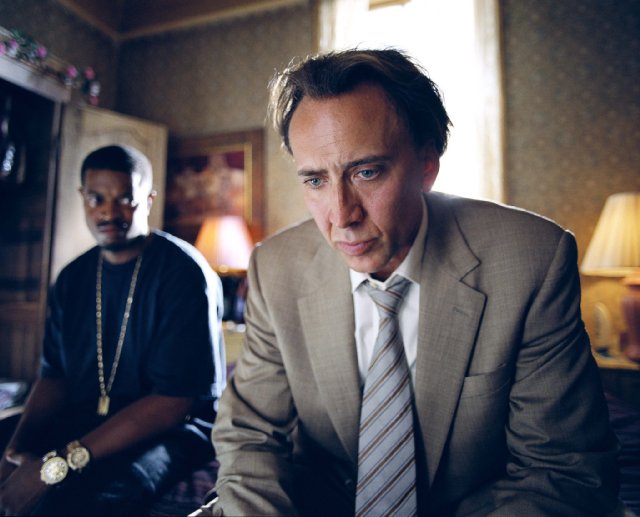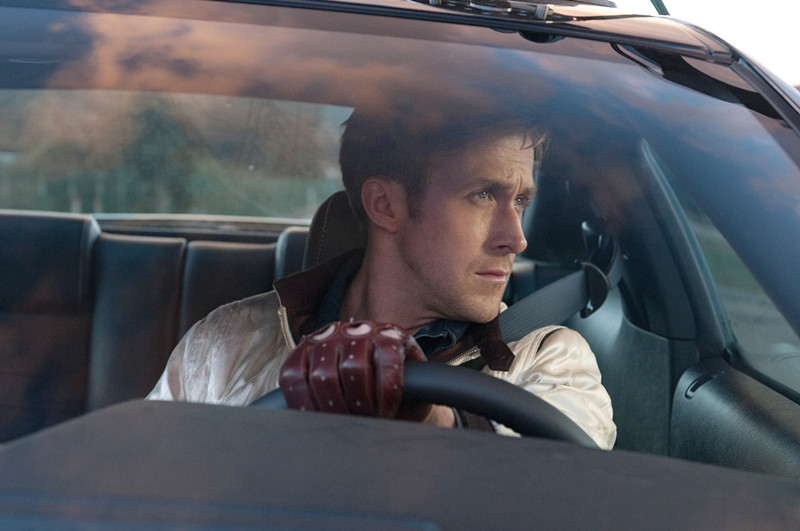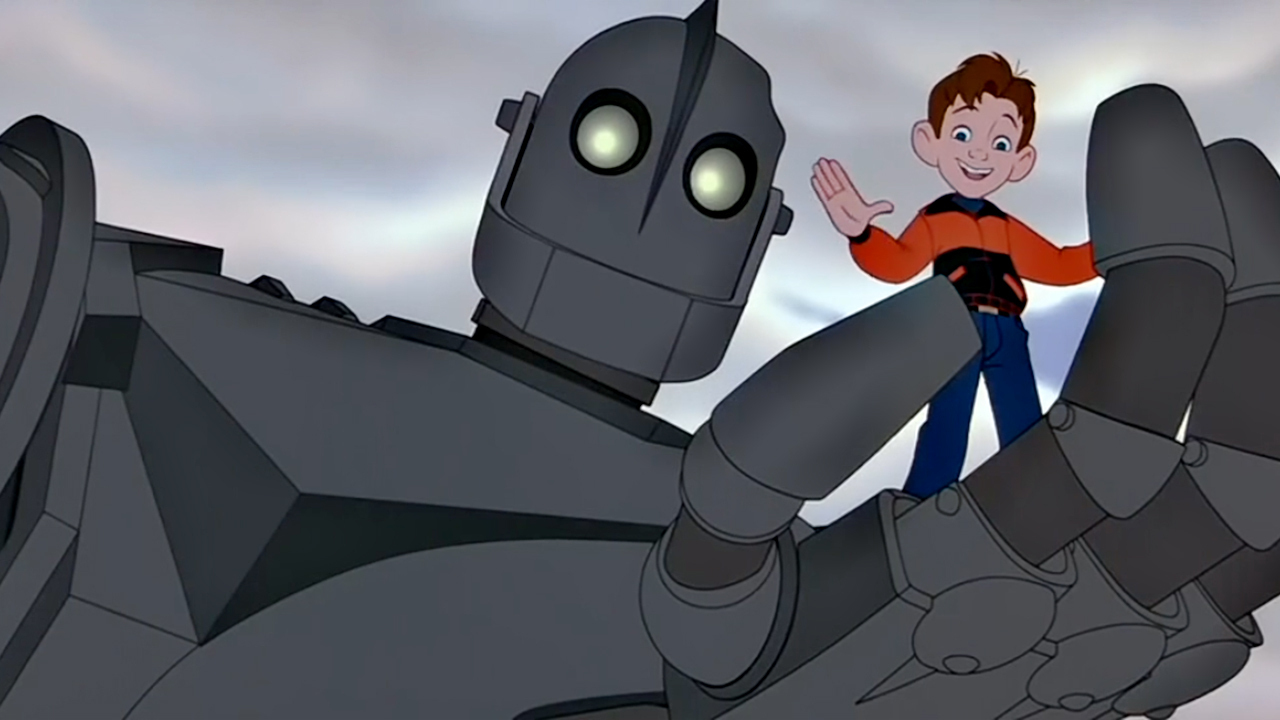5. In Bruges (2008)

“In Bruges” was sold as a pseudo-Guy Ritchie action flick with a Belgian backdrop. Credit to the trailer: it takes place in Belgium. “In Bruges” is an incredibly well-written dark comedy with some outstanding dialogue.
Audiences yawned in their seats as they awaited explosions, car chases, and Jason Bourne style hand-to-hand combat. What they were actually treated to was a funny, well acted, and at times touching film, which failed to captivate audiences. Early reviews talked about “In Bruges” being dull and slow moving. After forging a cult following through home media, “In Bruges” was finally able to find its market, and the fans of this sharp tongued gem adore it.
4. Bad Lieutenant: Port of Call New Orleans (2009)

This reimagining of the 1992 “Bad Lieutenant” is so different that it is almost irrelevant to compare the two. “Port of Call New Orleans” is a perfectly paced, beautifully odd crime drama with a standout performance from Nicolas Cage. His portrayal of a man on the edge is positively hypnotising. Set against the backdrop of a devastated New Orleans, Herzog’s depictions of corruption and the mindset of an addict simply oozes grit and is a perfectly seedy outing.
The failure from the marketing department was setting “Bad Lieutenant” up as a straightforward action/cop drama that would be suitable for Jason Statham fans. The battered cinematography and Herzog’s subtle usage of distractions in the foreground were lost on an audience waiting for an angry police chief moaning about the rule book and his wife’s shoddy cooking.
“Bad Lieutenant” was a massive box office failure, which is an injustice considering the calibre of the direction and the acting performances on display.
3. Drive (2011)

A ludicrous lawsuit was filed in 2011 by a woman who had felt so cheated by the marketing for Nicolas Winding-Refn’s “Drive” that she wanted to sue. Despite this disgruntled viewer’s clear insanity, she does have a point. “Drive” was sold to audiences as a 21st century “Bullitt”, given Ryan Gosling’s likeness to Steve McQueen and the usage of muscle cars.
Early film festival reception and critical feedback was universally positive. However, early reviews from the public claimed the film was, like many of the claims about films on this list, dull and slow moving. Audiences were expecting an action flick and instead got a stunningly artistic film that lulled in the viewer with a meandering yet dreamy pace, only to then shock them with sudden kinetic violence.
The film was quickly misunderstood but found a fan base soon after its release. “Drive” became a career defining film for Winding-Refn and has jump-started a passion for art cinema in many younger viewers. In some ways, “Drive” perhaps benefited from its misleading marketing.
The film, though artistic, is also very accessible and was able to become the ‘cool’ film for any self-proclaimed ‘alternative’ college kid to rave about. But regardless of trends, its hypnotic cinematography, impeccable direction, soundtrack, and stellar performances from Albert Brooks and Bryan Cranston show that “Drive” is worthy of the hype.
2. Solaris (2002)

Steven Soderbergh’s adaptation of Stanislaw Lem’s 1961 novel was fighting against a seriously misleading marketing campaign from the start. Both Soderbergh and George Clooney openly referenced the poor marketing in interviews leading up to and after the film’s release.
“Solaris” is not a romance from beyond the grave set in space as the trailers suggest. “Solaris” is an existential journey into the mystery of human identity. The film questions how well we really know people, including those to whom we are closest.
On a whole, “Solaris” is a beautifully directed, thoughtful film that provokes discussion after watching. Audiences were fed trailers that implied similarities to “Titanic”, simply because James Cameron was the producer.
Fans of the epic 1997 romance disaster film were not prepared for a film featuring a conscious mirage that struggles to comprehend her own existence, and in turn “Solaris” was box office failure. “Solaris” is a hugely underappreciated film that was executed superbly.
1. The Iron Giant (1999)

This masterpiece is one of the best children’s films of all time, and has double the substance of most adult-pitched content. Instead of musical numbers and wacky talking animals, audiences were treated to a heartfelt story of friendship between an enormous sentient robot and a 9-year-old boy.
Set against the backdrop of Cold War America, Brad Bird’s directorial debut film deals with propaganda, militarism, paranoia, and morality in an effortlessly clever and entertaining fashion.
Perhaps the most age appropriate topic covered during “The Iron Giant” is the concept of life and death. Hogarth has to explain the death of a deer to the Giant and produces child-friendly quotes like “it’s bad to kill, but it’s not bad to die.” Allowing a character who is a child to explain these concepts to children was a stroke of genius.
In the years following its release, it has gained a huge fan base. Both audience and critical reviews were universally positive. The reason behind its box office failure was the Warner Bros marketing campaign, or lack thereof.
After 1998’s “Quest for Camelot” garnered lukewarm audience responses and miserable critical feedback, Warner Bros immediately lost faith in animation. They didn’t give Bird and his team a release date until April 1999, instead choosing to pump money into the marketing for “Wild Wild West” (pause for laughter).
Furthermore, they turned down a toy deal with Burger King, the kind of deal that could have ensured a strong opening weekend. Warner Bros did everything they could to bury the film, but after the results of their test screenings showed feedback so positive (their highest for a film in 15 years), they had to follow through with the release. With no knowledge of the film’s existence, it was screened to near empty cinemas and lost millions.
“The Iron Giant”, much like the titular character, was misunderstood and the studio didn’t fully realise what they had in their hands. Thankfully, due to home media and online providers, “The Iron Giant” has managed to find a place in the hearts and minds of many.
Author Bio: Rob is a 24 year old Musician from Hampshire, who is currently pursuing fiction writing. Rob has aspirations of becoming an author and screenwriter.